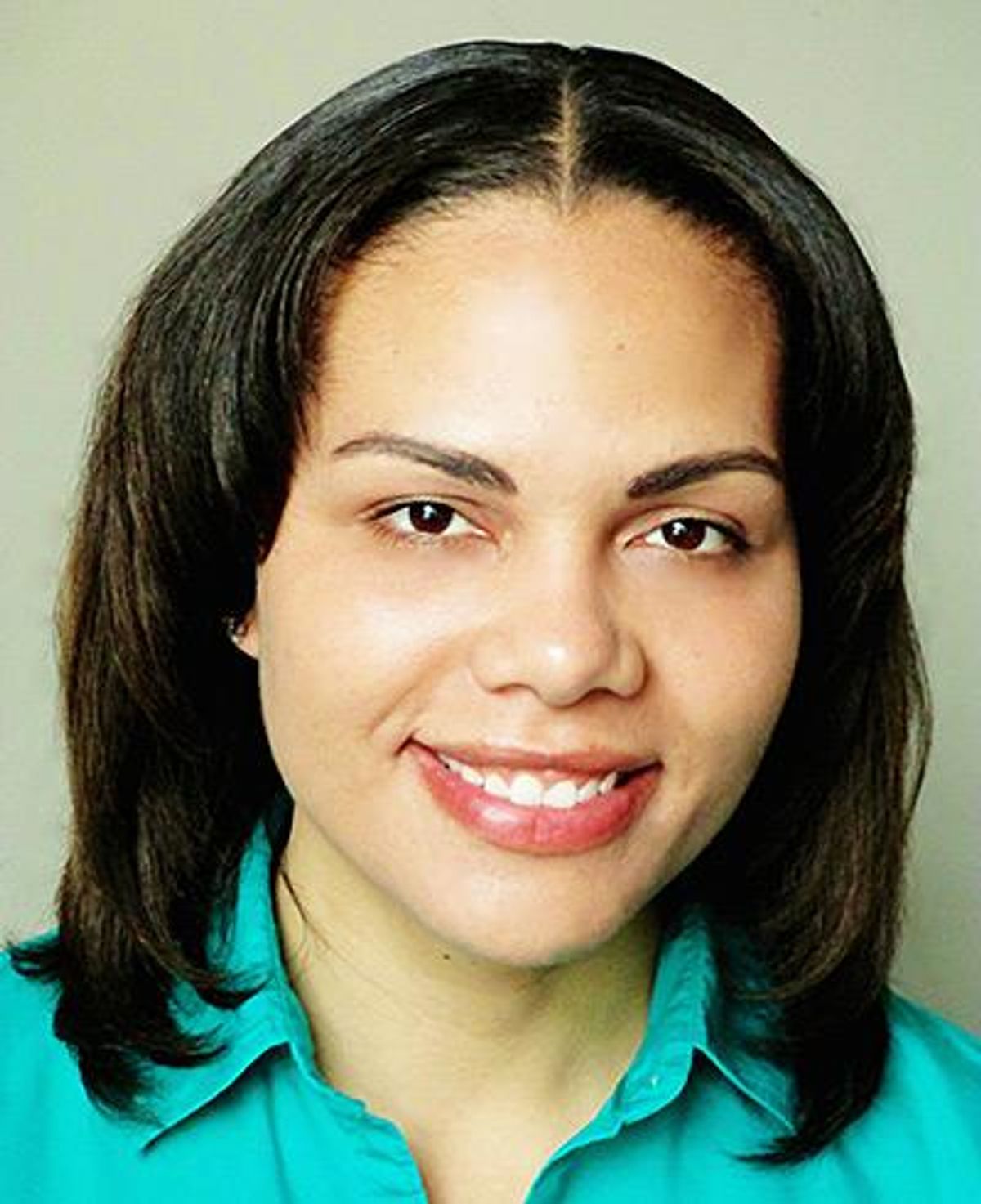Yes, it's true: Lesbian, gay, bisexual, and transgender people do exist in the urban music business. The number of them who are out, however, is minuscule. I should know because I am one of them -- a lesbian with nearly 10 years under my belt in the business. I have worked closely on the management side of things with artists such as Chris Brown, LeToya Luckett, and Melanie Fiona. I have also worked in marketing at Universal Motown Records on several different artist projects.
So, it is refreshing to see a gay male character portrayed in the television series Empire, because it sheds light on the homophobia that exists in the hip-hop and R&B music industry. The show is about the character Lucious Lyon (Terrence Howard), who has built his own musical empire after the mother of his children, Cookie, played by Taraji P. Henson, spends 17 years in jail so that the Lyon family would have the initial funds to start their music company. One of the important plot points is that one of the three sons, Jamal Lyon, played by out actor Jussie Smollet, is a gay R&B artist torn between coming out and hiding his sexual orientation in order to protect his father's image.
On a typical day, I am clad in tightly fit jeans, a button-up shirt, and tennis shoes. Perhaps based on my gender-neutral style and my laid-back demeanor, some people who meet me assume I am a lesbian. Others do not. I never considered staying in the closet simply because I did not construct one for myself in which to hide. I do not feel like it is my responsibility to make other people happy who may be uncomfortable with my being gay. I want nothing more than to inspire someone, who may be experiencing internalized homophobia, to have higher self-esteem.
I can attest that the negative stigma placed on being LGBT still exists within the industry. It prevents artists and industry professionals alike from showing their true colors. One scene in Empire that really resonated with me was when Cookie set up a big press conference so that Jamal could announce to the world that he is gay. When Lucious got wind that the press conference was going to take place, he threatened to stop financially supporting Jamal. Out of fear, Jamal bailed on the press conference and chose to remain in the closet. As the season progressed, it was refreshing to see Jamal finally get the courage to stand on his own and show his true self to the world.
It is difficult enough being a woman in this male-dominated business, but also being a lesbian of color means that I have to work even harder. Not only do I connect with Jamal, but I also connect with Cookie because she is a savvy businesswoman -- she demonstrates how a woman can be a talented and successful music manager navigating a male-centered field. Because of sexism, many men in the industry may feel they are better than their female counterparts. They are used to the sexual attention they receive from female fans and other women in the business. Every time I experience sexism and homophobia in the industry, I feel as if my stomach acid is boiling. One time, a male security guard of a major artist boldly asked my former girlfriend and me to have a threesome. Another time, a rapper told me that he could successfully "convert" me into being straight. Luckily, these remarks do not reflect every man in the urban music industry.
Many of these homophobic views in the urban music business mirror the homophobia that still generally exists in the black community. This is why I applaud Jussie for stepping up and squashing the gossip about his sexual orientation.
My biggest drive is to break down the walls of the industry. I want to witness anti-LGBT lyrics become a thing of the past. I also do not mind answering tactful questions about my personal and professional experience as a lesbian, because I have no problem using my sexuality as a conversation starter.
The music industry can be very challenging, competitive, and cutthroat. At the same time, I have my girlfriend, family, friends, and mentors who are rooting me on -- their support keeps me going. They want to see me build my own empire and inspire other LGBT people of color, so that together we can dismantle the ingrained homophobia in the urban music community.
Although we still have a long way to go until LGBT acceptance becomes the norm within the hip-hop and R&B music industries, it makes me want to hit a high note when I see many urban artists in recent years publicly display their support to the world. Thank you, Marsha Ambrosius, for featuring a black male couple in your "Far Away" music video (watch below). Thank you, Macklemore, for taking a stance in honor of your gay uncle and the fight for marriage equality with your groundbreaking hit "Same Love." Thank you, Frank Ocean, for becoming one of the first black music artists to speak honestly about a same-sex relationship. I hope to see more people in the limelight and behind-the-scenes showing the rest of the industry -- and the world -- that it is totally OK to be gay.
Currently, I manage an emerging hip-hop artist named Tyran Brown. Over the course of us working together in the past eight months, I have witnessed firsthand how he has grown to understand and support the LGBT community. He sees me as his manager who is putting forth her best efforts. At the end of the day, that is all that really matters.
MELANTHA HODGE, founder of 1OFAKIND Entertainment, works at the Los Angeles LGBT Center and serves as a board member for the Center's Los Angeles Women's Network.


















































































